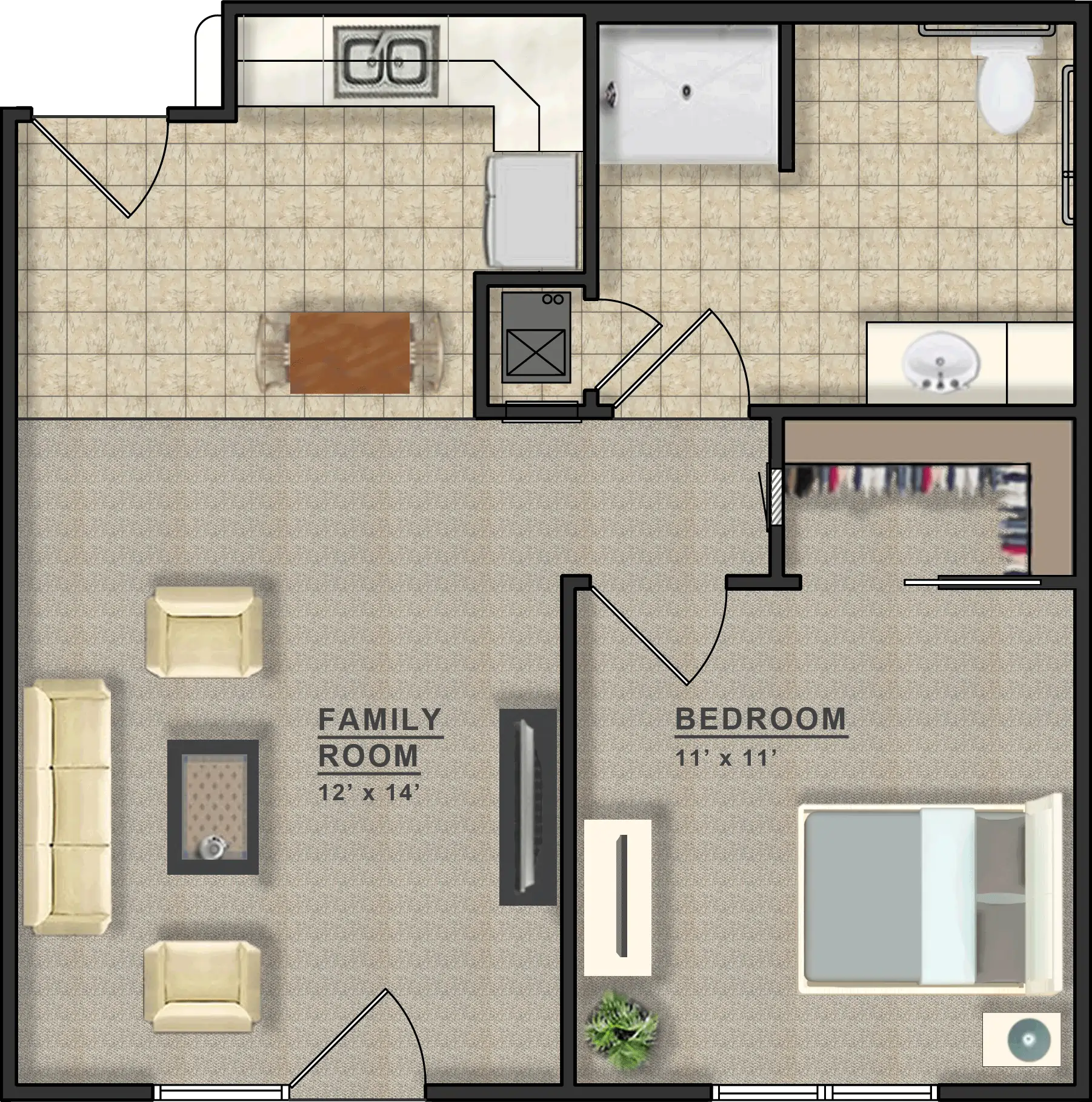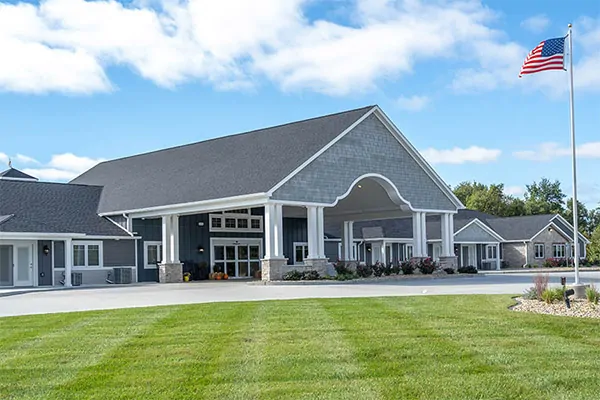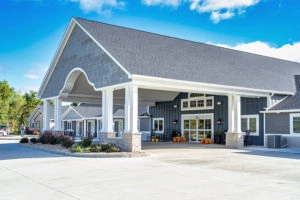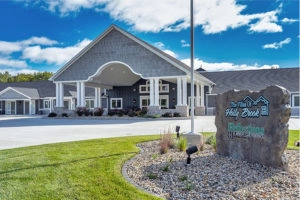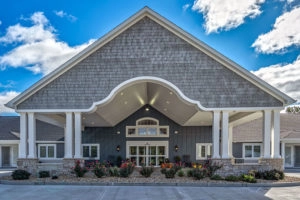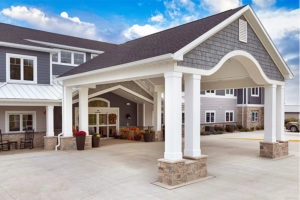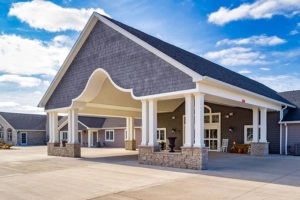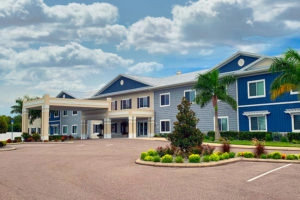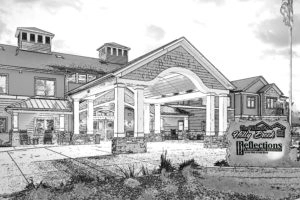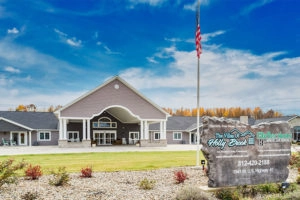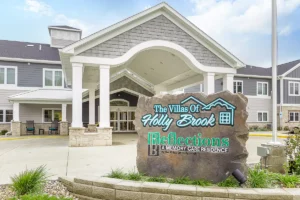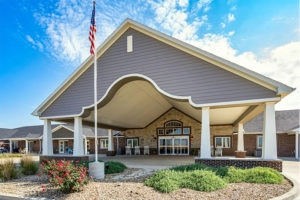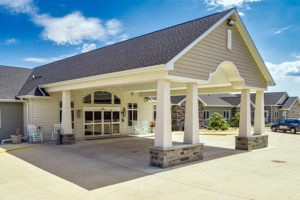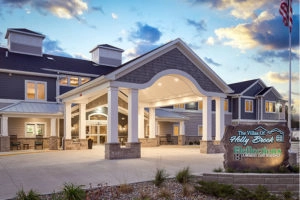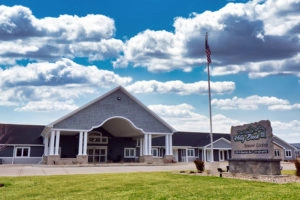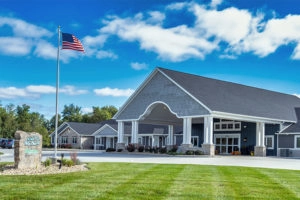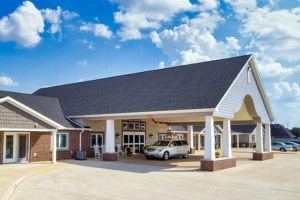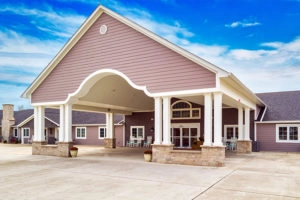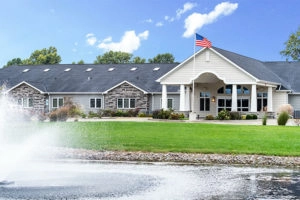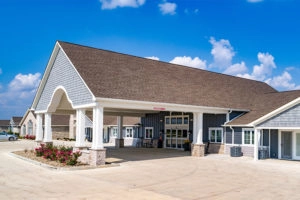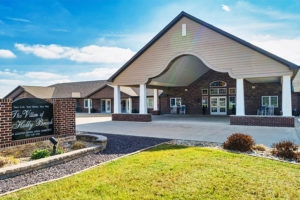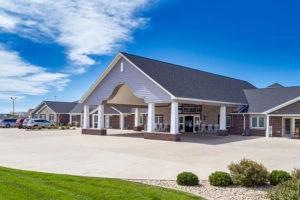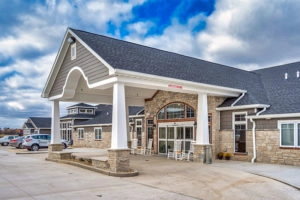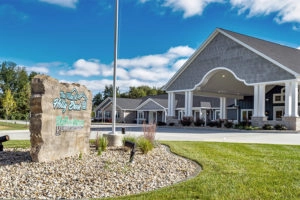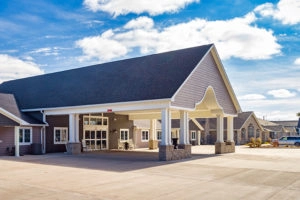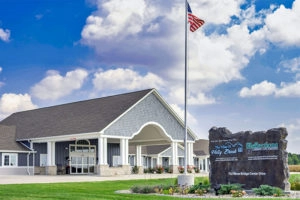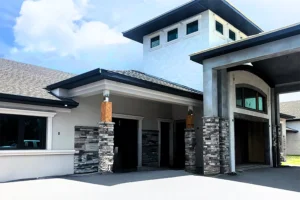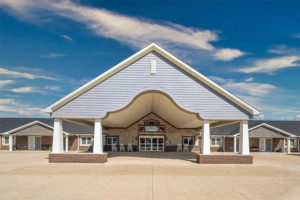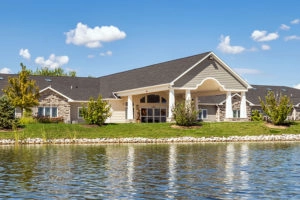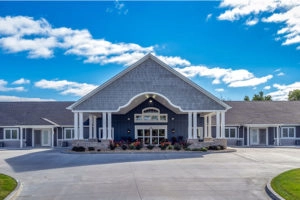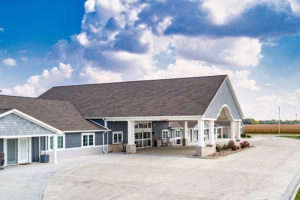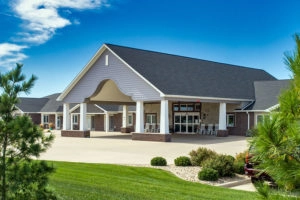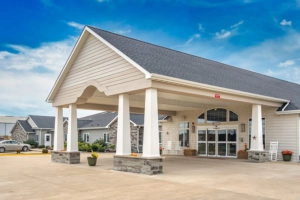SENIOR LIVING
Maintaining a Healthy Mind
- Villas of Holly Brook
- November 1, 2024
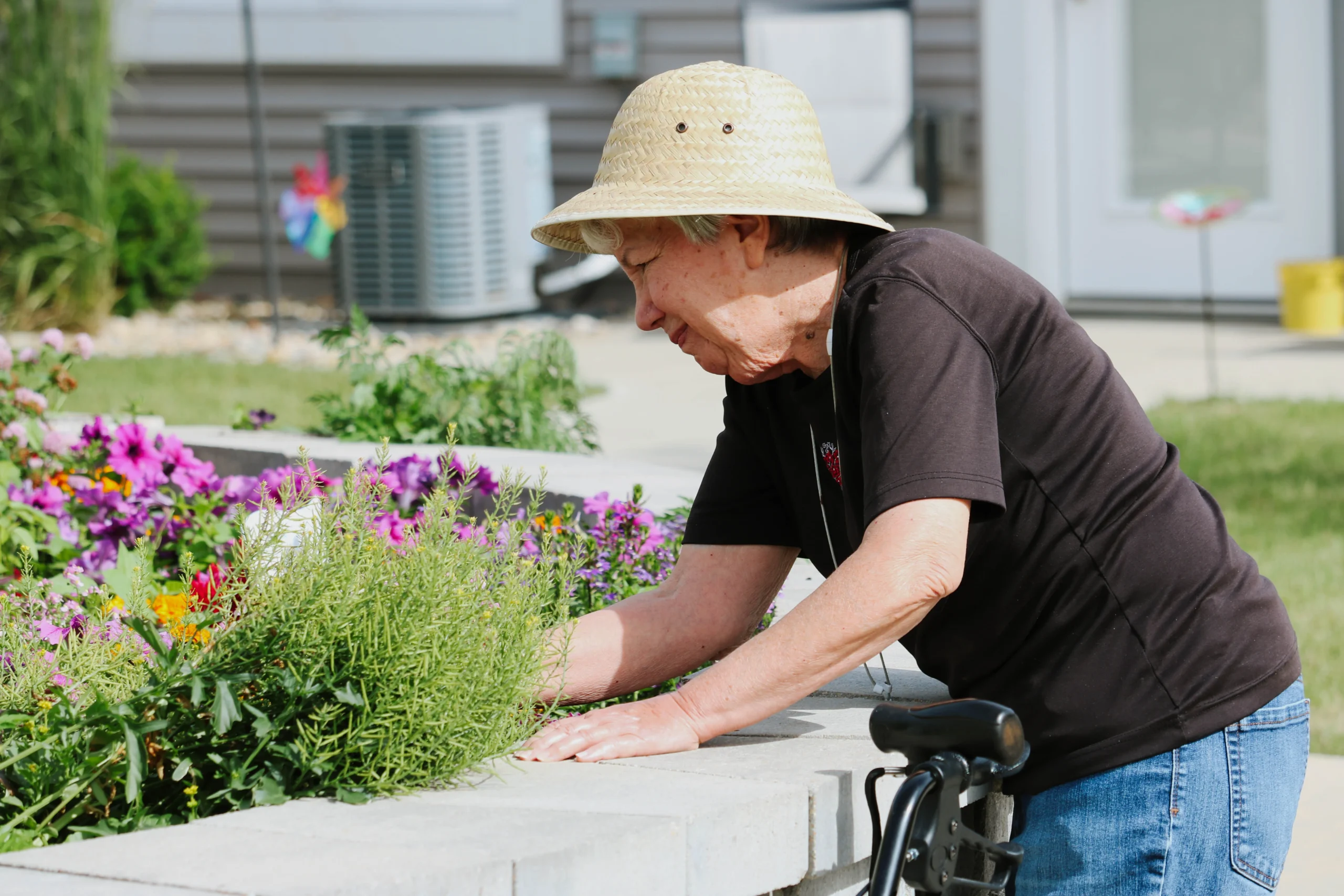
As we age, maintaining a healthy mind becomes one of the most important aspects of our overall well-being. Whether you’re living in an assisted living community, enjoying life in a retirement community, or still residing in your own home, keeping your mind active and sharp is crucial. In this post, we’re going to explore the connection between brain health and Alzheimer’s disease, offering practical tips on how to keep your mind healthy while raising awareness about Alzheimer’s. By the end, we hope you’ll feel informed, empowered, and encouraged to take steps toward better brain health for yourself and your loved ones.
Understanding Alzheimer’s Disease
Alzheimer’s disease is a progressive neurological disorder that affects millions of people around the world. It’s the most common cause of dementia, leading to a gradual decline in memory, thinking, and reasoning skills. Alzheimer’s doesn’t just affect the person diagnosed; it has a profound impact on families, caregivers, and communities. Understanding what Alzheimer’s is and how it progresses is the first step in recognizing the importance of maintaining a healthy mind.
Early signs of Alzheimer’s often include memory loss that disrupts daily life, difficulty completing familiar tasks, confusion with time or place, and changes in mood or personality. As the disease progresses, these symptoms become more severe, eventually leading to a complete dependence on others for care. While there is currently no cure for Alzheimer’s, research has shown that certain lifestyle choices can help reduce the risk or delay the onset of the disease.
The Science Behind Brain Health
Our brains are incredibly resilient, but they do change as we age. Just like the rest of our body, the brain undergoes wear and tear over time. However, how we live our lives can significantly influence how our brains age. Factors such as genetics, environment, and lifestyle all play a role in brain health. The good news is that while we can’t change our genetics, we have control over many of the lifestyle factors that contribute to brain health.
Physical exercise, mental stimulation, a healthy diet, social connections, and stress management are all crucial components of maintaining a healthy brain. By understanding the science behind these factors, we can make informed decisions that promote brain health and potentially reduce the risk of Alzheimer’s.
Strategies for Maintaining a Healthy Mind
Maintaining a healthy mind doesn’t have to be complicated, but it does require commitment. Here are some practical strategies to help keep your brain sharp and reduce the risk of Alzheimer’s:
1. Mental Stimulation
Engaging in activities that challenge your brain is essential for maintaining cognitive function. Puzzles, reading, learning new skills, and playing games are all excellent ways to keep your brain active. Many senior assisted living communities offer a variety of mentally stimulating activities, from book clubs to art classes, providing residents with opportunities to keep their minds engaged. If you’re searching for “senior living near me,” look for communities that prioritize cognitive activities.
2. Physical Exercise
Regular physical activity isn’t just good for your body; it’s also great for your brain. Exercise increases blood flow to the brain, which helps support memory and cognitive function. Whether you prefer walking, swimming, or participating in group fitness classes, staying active is a key component of brain health. Many retirement communities and senior living apartments offer fitness programs designed specifically for older adults.
3. Healthy Diet
What you eat can have a significant impact on your brain health. A diet rich in fruits, vegetables, whole grains, and healthy fats, such as those found in fish and nuts, can help reduce inflammation and protect brain cells. The Mediterranean diet, in particular, has been linked to a lower risk of cognitive decline. If you live in a senior living home, you may already have access to nutritious, brain-healthy meals.
4. Social Connections
Staying socially active is just as important as staying physically and mentally active. Social interactions help prevent feelings of loneliness and depression, which are linked to cognitive decline. Whether it’s joining a club, attending events in your assisted living community, or simply spending time with friends and family, staying connected is crucial for brain health. Many senior communities offer a variety of social activities to help residents stay engaged.
5. Stress Management
Chronic stress can take a toll on your brain, leading to memory problems and cognitive decline. Practicing relaxation techniques, such as meditation, deep breathing, or yoga, can help reduce stress and protect your brain. Independent living communities often offer wellness programs that include stress management practices to help residents maintain a balanced lifestyle.
The Role of Early Detection and Awareness
One of the most powerful tools we have in the fight against Alzheimer’s is early detection. Recognizing the early signs of cognitive decline and seeking medical advice can lead to a better quality of life and more effective management of the disease. Regular check-ups and cognitive assessments are essential, especially for those living in senior care communities.
Raising awareness about Alzheimer’s is also crucial. By educating ourselves and others about the disease, we can help reduce the stigma and encourage more research and support for those affected. Many senior independent living communities are involved in Alzheimer’s awareness initiatives, providing resources and support to residents and their families.
Physical exercise, mental stimulation, a healthy diet, social connections, and stress management are all crucial components of maintaining a healthy brain. By understanding the science behind these factors, we can make informed decisions that promote brain health and potentially reduce the risk of Alzheimer’s.
Community Involvement and Support
No one should face Alzheimer’s alone. Whether you’re living in an assisted living apartment, a memory care community, or at home, there are many ways to get involved in Alzheimer’s awareness efforts. Participating in local Alzheimer’s walks, volunteering, or supporting research initiatives are all meaningful ways to contribute. Senior communities often have programs that allow residents and their families to participate in these efforts, creating a sense of community and shared purpose.
If you or a loved one is dealing with Alzheimer’s, know that there are resources available to help. From support groups to counseling services, many senior care options provide the assistance needed to navigate this challenging journey. Remember, you’re not alone, and there are people and communities ready to support you.
At The Villas of Holly Brook and Reflections Memory Care, we’re committed to supporting our residents in living their best lives, and that includes offering the resources and activities needed to maintain a healthy mind. Whether you’re already part of our community or considering joining a senior care community, we’re here to help you every step of the way. Together, we can raise awareness about Alzheimer’s and work towards a brighter, healthier future for everyone.




